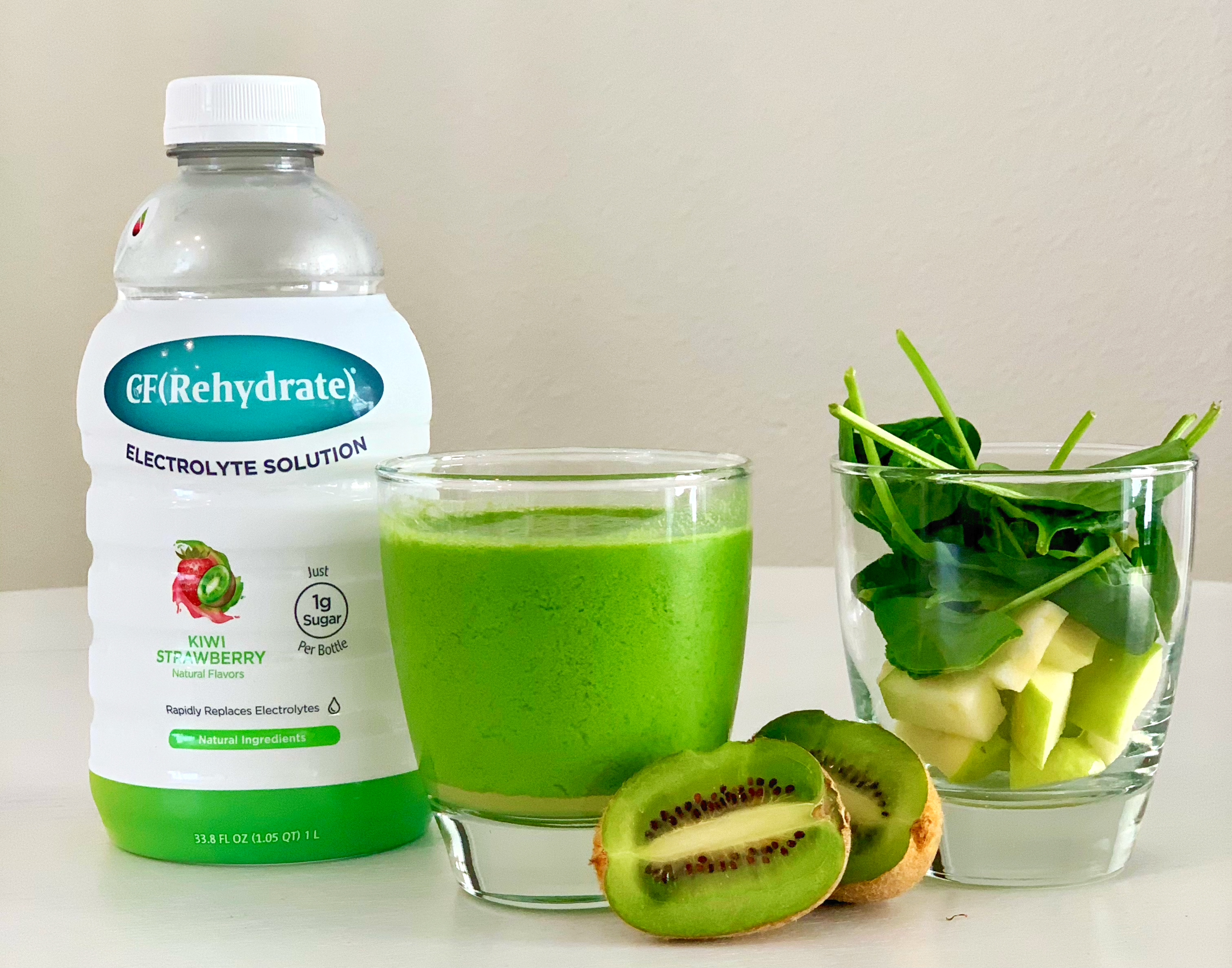Our gut health is foundational to overall health. That is why it is important to learn how to keep your gut healthy. Today, we will break down the role of our microbiome and what we can do to improve our digestive health.
The Microbiome
The gut microbiome is referred to as the microorganisms that live in certain tissues of the body. Everyone has about 200 different species of bacteria, viruses, and fungi in their digestive tract, some good and some not so good. Probiotics are microorganisms that provide a benefit to the host. Prebiotics are substances that feed the probiotics. There can be an imbalance of microbes in the gut so it is important to do all we can to support balance within our microbiome.
Role of Gut Microbiota
Our gut microbiome has several roles within our body.
Some include:
- Immune regulation
- Protecting against bad bacteria
- Vitamin synthesis
- Controlling digestive function and appetite regulation
- Regulating blood sugars
- Maintain gut lining and integrity
When there is an imbalance in our gut microbe the following can occur:
- Obesity
- Insulin resistance and diabetes
- Inflammation
- Poor nutrient absorption
- Heart disease
- Changes in memory and cognition
The Gut Brain Connection
Another reason to keep your gut healthy is that our gut and brain actually communicate with one another. The gut is often referred to as your second brain. Poor gut health is linked to depression and anxiety. One example of this is when certain situations can actually make you feel nauseous. Or, have you ever felt butterflies in your stomach when you are nervous or excited? These things happen because of the gut brain connection. Our emotions can trigger symptoms in the gut.
When we have gastrointestinal distress, the gut can send signals to the brain. A troubled brain can also send signals to the gut. So, problems in the stomach or intestines may cause anxiety, stress, or depression.
Gut Healthy Eating
Changing our diet and eating well-balanced, nutrient dense and high fiber foods is one way to support our gut health.
Follow these tips to support your gut:
- Eat 3-4 cups of non-starchy veggies every day
- Most veggies except corn, peas, squash, potatoes
- Get a variety of colors
- Eat 2 cups of fruit every day
- Again, include a variety of color
- Eat 1 handful of nuts and seeds every day
- Limit saturated fats
- Eat Phytochemical rich foods like cocoa, tea, coffee, herbs and spices
- Eat fermented foods like kombucha, kefir, yogurt, sauerkraut
- Eat prebiotic foods like onion, garlic, asparagus, leeks and artichokes
- Limit added sugars and overly processed foods
- Stay hydrated with CF(Rehydrate)®
Getting Enough Fiber Helps Cultivate a Healthy Microbe
Eating enough fiber is a crucial element in keeping our microbiome healthy.
Choosing whole grains is one way to increase your fiber intake. Whole grains have much more fiber than simple carbohydrates like white rice or white bread. Another way to get in your fiber is eating beans and legumes. Females should consume 25 grams of fiber per day and males should consume 38 grams of fiber per day. When you increase your intake of fiber, make sure you also increase your intake of water. Don’t rely on highly processed foods for your fiber intake. Instead, focus on whole foods and variety to cultivate diversity in our microbiome.
High fiber foods:
- Peas
- Oats
- Chickpeas
- Lentils
- Mung beans
- Brown Rice
- Quinoa
- Amaranth
- Buckwheat
It isn’t just about the foods we eat
Diet is an important factor in gut health but there are other ways to help improve our digestive health.
- Manage stress and anxiety
- Mindful Eating (Do not multitask while eating)
- Chew food well
- Optimize meal time
- Maintain a healthy weight
- Get enough sleep
- Walk
- Practice Yoga
Now you know how to keep your gut healthy, check out our website for more health and wellness tips.

